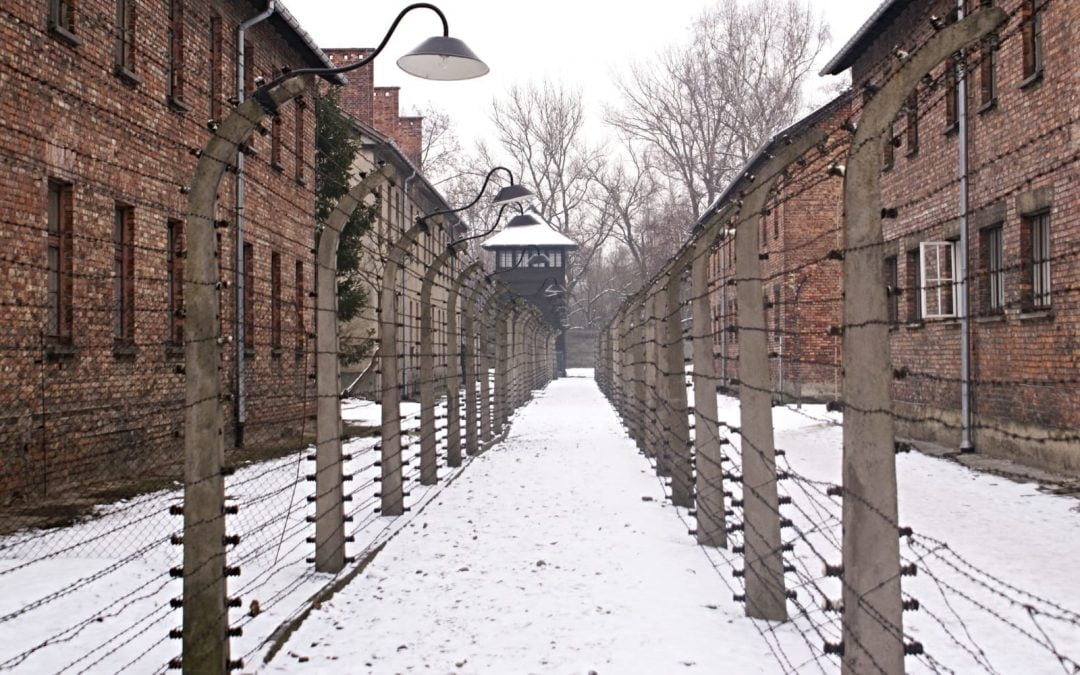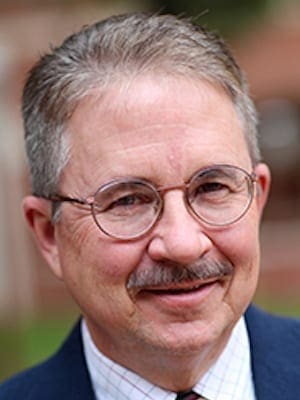One of the most quoted clichés is from philosopher George Santayana: “Those who cannot remember the past are condemned to repeat it.”
Another cliché is that history repeats itself, but that’s false. History does not repeat itself; people repeat it – often out of ignorance.
I’m a theologian by vocation and profession, but my avocation is history, especially 20th century history.
Specifically, since high school, I’ve been fascinated, some would say even obsessed, with Hitler and the Nazis and all that led up to Hitler’s rise to power.
I read the massive “The Rise and Fall of the Third Reich” by William Shirer while still in high school.
That led me to read more, almost all I could get my hands on, about Hitler and the Third Reich.
That interest led me to a wider interest in fascism in general; I studied Mussolini, Franco, Salazar, Perón and others, including the Norwegian fascist traitor Quisling.
Then I lived in Munich, Germany, for a year. There, I had a wonderful opportunity to study the history of Hitler’s rise to power “close up” – walking in his footsteps around the city where, in 1923, he tried to lead a revolution against the Bavarian government.
I visited the sites where that attempt began and where it failed. I visited the apartment building where Hitler lived and the site of his Alpine “Berghof” retreat.
I read books about Hitler and his life and career, rise and fall, in both German and English and talked with German neighbors who belonged to the “Hitler Youth” in the 1930s and 1940s.
One thing few Americans know about all of that is this: Hitler and other fascist dictators came to power by convincing people they were the only alternative to anarchy, communism or both.
Few people know that in 1919 communists established The Bavarian Soviet Republic with its capitol in Munich. (Bavaria was a semi-autonomous monarchy within the German empire.)
Russian Bolshevism was spreading like a cancer across Europe after World War I and got a serious foothold in southern Germany.
The post-World War I German government, known as the “Weimar Republic,” was ineffectual; the German population had good reason to fear that communists were on the brink of taking over their country.
Hitler came to power in 1933 by promising three things:
- Only he and his National Socialist Party could prevent communism from taking over Germany.
- Only he and they could make Germany great again.
- He would identify and isolate the ethnic and political elements within Germany that “stabbed the German people in the back” at the end of World War I. The Jews became that scapegoat.
Most Germans looked down on Hitler as vulgar, a bully, a fanatic, a demagogue, low class, unqualified to be chancellor of Germany.
However, he won the 1933 election by a plurality, not a majority, and was reluctantly appointed chancellor by the German head of state, President Hindenberg. As they say, the rest is history.
To make a long and complicated story brief and simple, Hitler came to power out of the people’s fear.
They accepted and then embraced an evil man because they thought the only alternatives were anarchy and communism. They might have been right.
But was it worth it? To use another cliché, hindsight is 20/20. But if we can somehow put ourselves in the German people’s shoes, look at their Europe through their 1930s eyes, things look different.
Most of the people who voted for and then supported Hitler, even if they didn’t vote for him, did not hate Jews.
They thought the Hitler of “Mein Kampf” had changed, been tamed by politics, was not serious about much of what he said in that book he wrote in prison a decade before.
Out of fear and ignorance they elected and then nearly worshipped a megalomaniac narcissist, a demagogue, a hateful bully, a vulgar and truly disgusting man because he promised to defeat communism and make Germany great again.
He did both – before he started killing Jews.
Editor’s note: A version of this article first appeared on Olson’s blog. It is used with permission.
Roger Olson is the Foy Valentine professor of Christian theology and ethics at George W. Truett Theological Seminary in Waco, Texas. He is the author of numerous books, including “Counterfeit Christianity” and “The Story of Christian Theology.”


